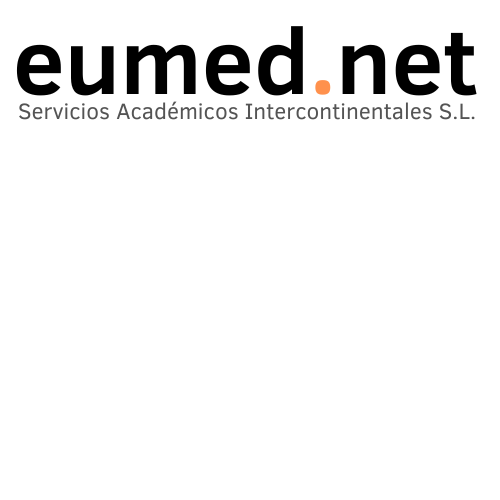Enviar un artículo
Información
Navegar
TURYDES. Turismo y Desarrollo local sostenible - ISSN: 1988-5261.
Sitio editado y mantenido por Servicios Académicos Intercontinentales S.L. B-93417426. Málaga, España.
Contacto: Lisette Villamizar Moreno. lisette@eumed.net

Esta obra está bajo una Licencia Creative Commons Atribución-NoComercial 4.0 Internacional.


